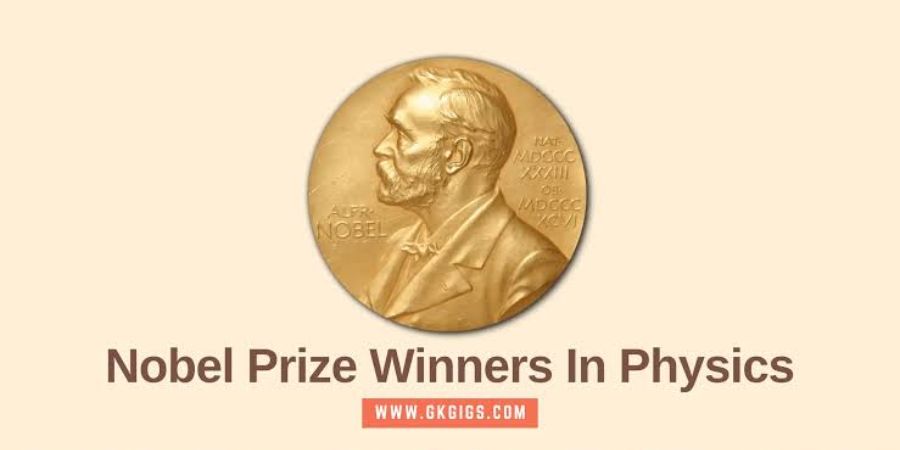Nobel Prize In Physics-year Wise Part-2 (1912 - 1925)
- Nils Gustaf Dalen, a Swedish Nobel laureate and industrialist, engineer, inventor. His "invention of automatic regulators for use in conjunction with gas accumulators for lighting lighthouses and buoys" earned him the Nobel Prize in Physics in 1912.
- Heike Kamerlingh Onnes, a Dutchman who won the Nobel Prize in Physics in 1913 for his work on low-temperature physics and his creation of liquid helium. He made the discovery of superconductivity, the nearly complete absence of electrical resistance in some materials at temperatures close to absolute zero.
- German physicist Max Theodor Felix von Laue, won the Nobel Prize in Physics in 1914 for his discovery of the diffraction of X-rays by crystals.
- The 1915 Nobel Prize in Physics was jointly awarded to Sir William Henry Bragg and his son Lawrence Bragg "for their services in the analysis of crystal structure by means of X-rays".
- In 1916 Nobel prize not given because of World War I.
- British physicist Charles Glover Barkla, won the 1917 Nobel Prize in Physics for his contributions to X-ray spectroscopy and other areas of the study of X-rays (Roentgen rays).
- Max Karl Ernst Ludwig Planck was a German theoretical physicist who earned the Nobel Prize in Physics in 1918 for his discovery of energy quanta.
- German physicist Johannes Stark, was given the 1919 Nobel Prize in Physics "for his discovery of the Doppler effect in canal rays and the splitting of spectral lines in electric fields." The Stark effect is the name given to this phenomena.
- Charles Edouard Guillaume was a Swiss physicist who won the Nobel Prize in Physics in 1920 for his work uncovering anomalies in nickel steel alloys.
- Albert Einstein was a theoretical physicist who was born in Germany. He was awarded the Nobel Prize in Physics in 1921 "for his services to theoretical physics, and especially for his discovery of the law of the photoelectric effect" which was an essential step in the advancement of quantum theory.
- Niels Henrik David Bohr, a Danish scientist who won the Nobel Prize in Physics in 1922 for his contributions to understanding atomic structure and quantum theory.
- American experimental physicist Robert Andrews Millikan, won the Nobel Prize in Physics in 1923 for his work on the photoelectric effect and measuring the elementary electric charge.
- Swedish physicist Karl Manne Georg Siegbahn, was given the Nobel Prize in Physics in 1924 "for his discoveries and research in the field of X-ray spectroscopy".
- James Franck, a German physicist, shared the 1925 Nobel Prize in Physics with Gustav Hertz "for their discovery of the laws governing the impact of an electron upon an atom".




